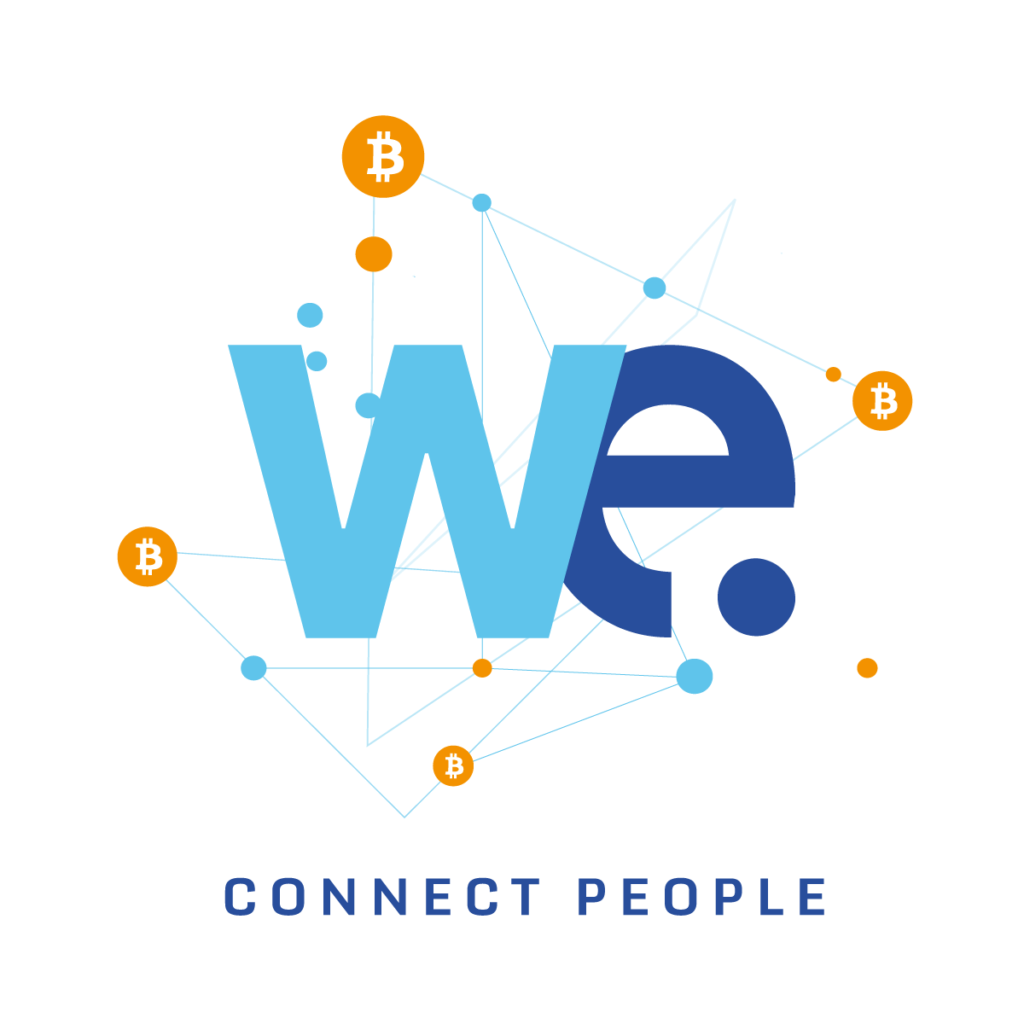Cash-based crypto can enable financial inclusion for billions
Opinion by: Alexander Guseff, founder and CEO of Tectum
Crypto companies have spent years pushing digital wallets and exchange apps, convinced they’ll bring financial inclusion to the world. Here’s the reality: 1.4 billion people remain unbanked, and crypto adoption has barely exceeded 8%. For all the talk about decentralization and accessibility, the industry continues to overlook the billions of people who rely on cash for their daily lives.
In developing economies of Africa, South Asia and Latin America, cash is not just dominant — it’s essential. Banking services are sparse, smartphone penetration is low, and digital literacy remains a hurdle. Expecting these populations to onboard through a process designed for tech-savvy users with internet access is unrealistic.
Yet whenever offline crypto solutions have been tested, adoption has jumped. The message is clear: People are willing to use crypto but need a way to access it that fits their reality.
The global reality of cash dependence
Despite assumptions that digital finance will eventually replace cash, that’s not what the numbers show. Take Romania. Notably, 76% of transactions there are still cash-based, yet crypto adoption has hit 14%. In Morocco, cash remains king despite digital payment growth, yet 16% of the population has found a way to use crypto — even though it’s officially banned.
Then there’s Egypt, where approximately 72% of payments rely on cash, but crypto adoption sits at around 3%, primarily due to limited digital infrastructure. Even in India, where crypto enthusiasm runs high, 63% of transactions still happen in cash.
Across these markets, the pattern is clear: People want to use crypto, but the industry isn’t giving them a practical way to integrate it into their everyday transactions.
Crypto’s real problem
The barriers to crypto adoption go far beyond technology. Government regulations, economic conditions and local financial habits all play a role.
Crypto’s biggest flaw isn’t a lack of demand. It’s the assumption that digital wallets and banking apps are the only viable entry points. That thinking ignores billions of people who still operate in cash-driven economies.
A more practical approach
Instead of forcing a digital-only model onto cash-heavy regions, crypto should adapt. Blockchain-linked physical banknotes, QR-coded vouchers and SMS-based transfers could bring crypto into the real economy in a way that makes sense for people who already use cash.
Recent: Stop making crypto complex
The idea isn’t as radical as it sounds. Africa’s M-Pesa, which has over 66.2 million active users, operates on a simple agent-based model that lets people exchange cash for digital value without needing a bank account. The same approach could work for crypto, enabling users to trade blockchain-linked cash notes at local vendors.
It’s already happening in small pockets. Machankura, for example, enables Bitcoin transactions via basic mobile networks, attracting over 13,600 users in Africa. In a region where nearly all digital payments rely on simple mobile codes rather than smartphone apps, solutions like this are far more viable than pushing another exchange-based onboarding process.
Security concerns will always come up with physical assets, but trained agents and proper oversight can mitigate risks. More importantly, that’s a solvable problem — excluding billions of people from the financial system isn’t.
The digital purists get it wrong
Many in the crypto space dismiss paper-based solutions as outdated. The idea that everything must be digital ignores how financial systems evolve. People need time to transition and systems that fit their current way of life.
CoinText, an SMS-based crypto transfer service, spread to 50 countries before it shut down — not because the idea didn’t work, but because the industry wasn’t ready to support it.
The same rigid thinking that dismissed SMS transfers is now preventing adoption in cash-heavy economies. A new service called Text BSV has emerged, enabling seamless peer-to-peer (P2P) payments of satoshis via SMS — no app downloads, registrations or prior knowledge of Bitcoin (BTC) is required. It works on any phone, even non-smartphones.
If crypto adoption remains stalled at 8%, it won’t be because people don’t want it. It’ll be because the industry insisted on an approach that doesn’t work for most of the world.
A $50-billion opportunity
The financial upside of integrating crypto into cash economies is enormous. Similar markets could follow if Romania, with a 76% cash reliance, can reach 14% adoption. That translates into a $50-billion opportunity globally as crypto enters economies where trillions of dollars move in informal cash transactions every year.
A network of cash-to-crypto agents could generate $10 billion in revenue by 2030, mirroring the success of mobile money platforms like M-Pesa. Even crypto exchanges would benefit from tapping into these underserved markets, bridging the gap between digital and cash economies.
Regulators may hesitate at paper-based crypto owing to transparency concerns, but financial inclusion at this scale is hard to ignore. If governments see a potential $50 billion in new economic activity, they’re more likely to work toward solutions rather than block progress.
Cash meets crypto
Crypto was supposed to revolutionize financial access, but it remains out of reach for billions of people. Expecting these communities to abandon cash entirely and jump straight into digital wallets is unrealistic and a bad strategy
The solution isn’t to wait for these economies to modernize. It’s to meet people where they are. That means experimenting with cash-compatible solutions, partnering with telecom providers, and rolling out agent-based models that let people use crypto in a way that feels familiar.
The current adoption stall will become permanent if the industry doesn’t make these changes. Instead of a step backward, paper-based crypto could be the bridge that finally connects billions of people to the future of finance.
Opinion by: Alexander Guseff, founder and CEO of Tectum.
This article is for general information purposes and is not intended to be and should not be taken as legal or investment advice. The views, thoughts, and opinions expressed here are the author’s alone and do not necessarily reflect or represent the views and opinions of Cointelegraph.
